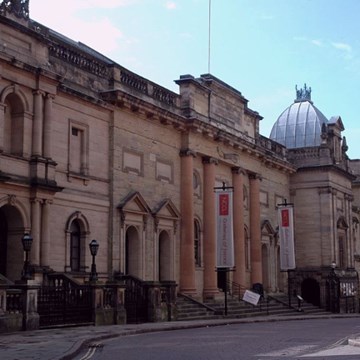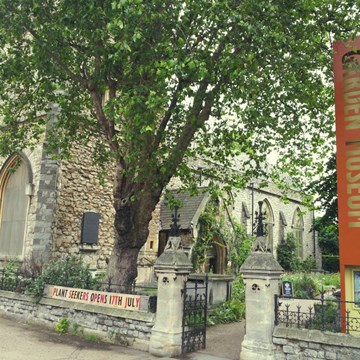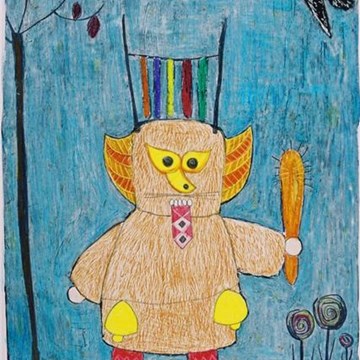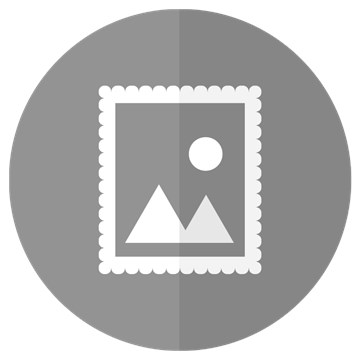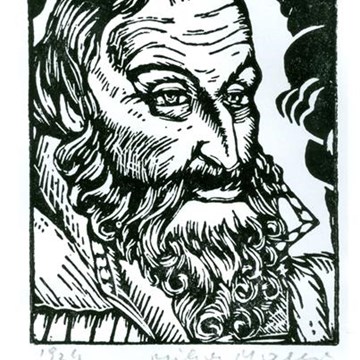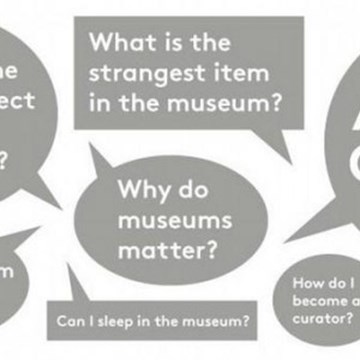From Burden to Special Responsibility: Germany, America, and the Universalization of the Holocaust
Until the end of the 1990s, German politicians vehemently — albeit usually behind closed doors — criticized efforts to memorialize the Holocaust abroad, especially in the United States. This stance included opposition to the teaching of the Holocaust in schools or colleges and to the establishment of Holocaust museums and monuments. In particular, the government of Helmut Kohl considered the afterlife of the Holocaust in America a serious threat to (West) Germany’s reputation. German officials feared that a preoccupation with the history of the Holocaust, as told from the perspective of its victims, may even cause Americans to question the alliance with the Federal Republic. Therefore, representatives of the German government tried for more than a decade to change the way the history of the Holocaust was told and taught in the United States.
Yet Germany realized at some point that all efforts to change the debate about the Holocaust abroad, such as its attempts to interfere with the planning of the US Holocaust Memorial Museum in Washington, D.C., were doomed to fail. Germany thus completely reversed its strategy and opted to fully embrace the Holocaust and its legacies. Indeed, Germany’s political leadership realized that Holocaust memory did not necessarily have to weaken the country’s international reputation, but rather that an open, unapologetic engagement bore the potential to strengthen it. In the course of the 1990s, Holocaust memory was therefore transformed from a burden into a special responsibility.
Jacob S. Eder is a Ph.D. candidate in history at the University of Pennsylvania and an associate member of the graduate school of the Jena Center 20th Century History, Germany. He recieved the Fraenkel Prize in 2013 for his book The Federal Republic of Germany and Holocaust Memory in the United States, 1977-1998.
Suitable for
18+
Admission
Admission is free but please reserve your ticket via our website
Website
http://www.wienerlibrary.co.uk
Exhibitions and events from this museum
We don't have anything to show you here.
Activities from this museum
We don't have anything to show you here.


